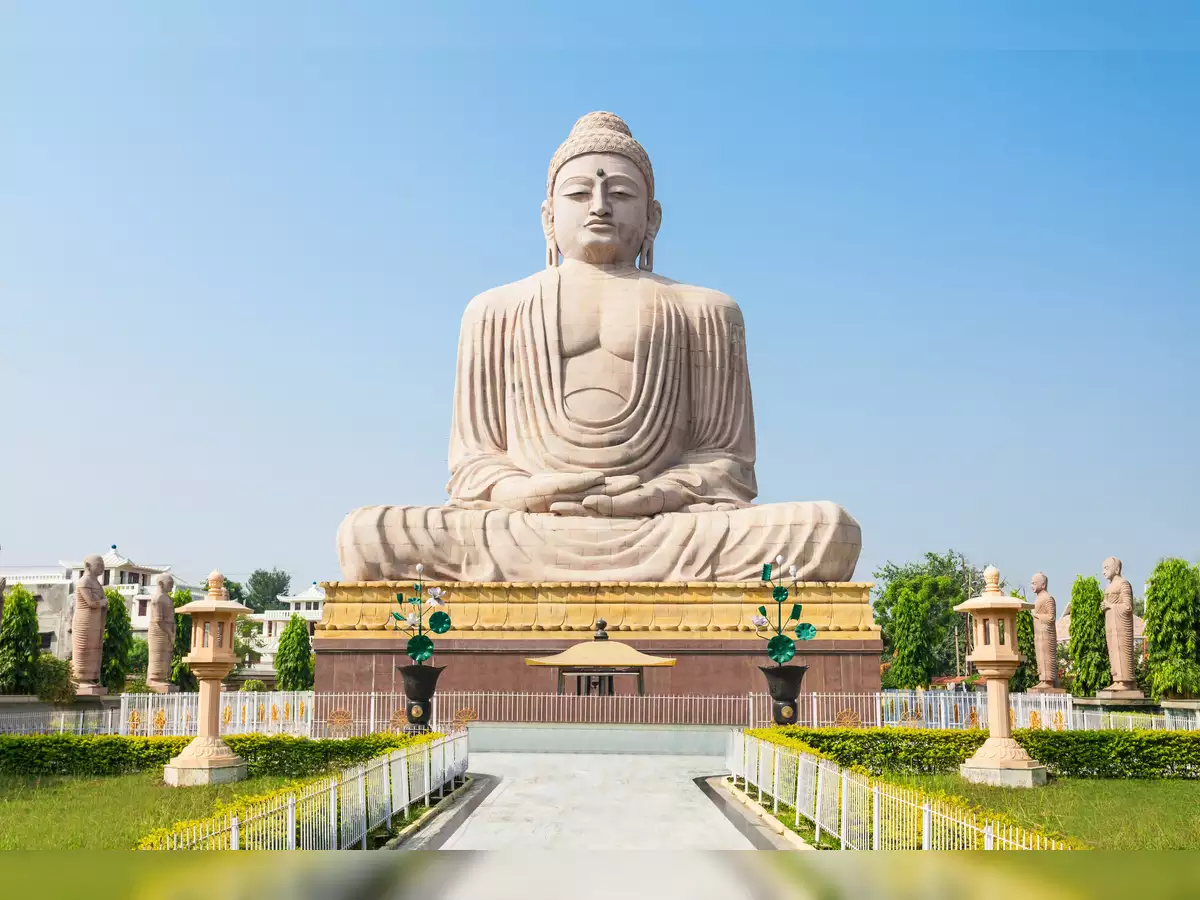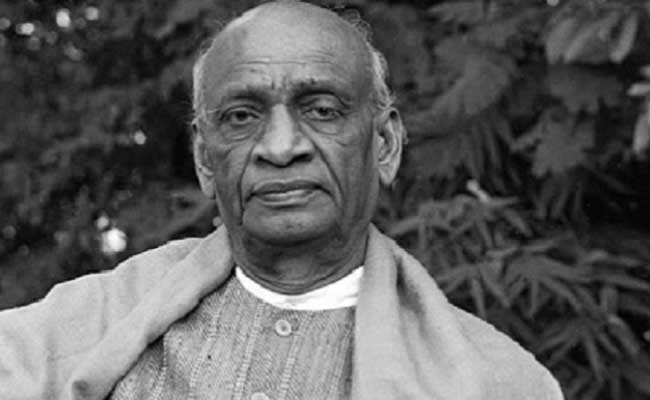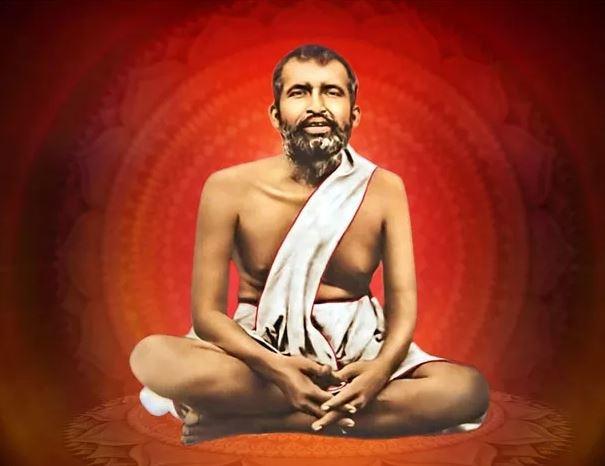Gautama Buddha, also known as Siddhartha Gautama, was an ancient Indian prince who founded Buddhism, one of the world’s major religions. He is widely regarded as a great teacher and is revered by millions of people worldwide. In this article, we will explore the epic story of Gautama Buddha and his teachings.
Early life:
Gautama Buddha was born in Lumbini, Nepal, in the 6th century BCE. He was the son of King Suddhodana and Queen Maya. As a prince, he was raised in luxury and sheltered from the suffering and hardships of the outside world. However, he was deeply troubled by the suffering he witnessed outside the palace walls and became determined to find a way to end it.
The Four Noble Truths:
At the age of 29, Gautama Buddha left the palace and began a quest for enlightenment. After years of meditation and contemplation, he came to understand the Four Noble Truths. The first truth is that life is suffering, the second is that suffering is caused by craving and attachment, the third is that suffering can be ended, and the fourth is that the path to the end of suffering is the Eight-fold Path.
The Middle Way:
Gautama Buddha also preached the Middle Way, which is a path between extreme asceticism and indulgence. He believed that the way to enlightenment was through a balanced and moderate approach to life.
The Five Precepts:
Gautama Buddha also taught the Five Precepts, which are ethical guidelines for living a moral life. The Five Precepts are to refrain from killing, stealing, lying, sexual misconduct, and the consumption of intoxicants.
Nirvana:
Gautama Buddha believed that the ultimate goal of life was to attain Nirvana, which is a state of liberation from suffering and the cycle of rebirth. Nirvana is achieved through the practice of the Eightfold Path and the cultivation of wisdom, compassion, and mindfulness.
Legacy:
Gautama Buddha’s teachings had a profound impact on the world. His message of compassion, mindfulness, and self-awareness continues to resonate with people across cultures and religions. Buddhism is now one of the world’s major religions, with over 500 million followers. Gautama Buddha’s teachings have also influenced other spiritual and philosophical traditions, including Hinduism, Jainism, and Taoism.
Conclusion:
The epic story of Gautama Buddha and his teachings is a testament to the enduring power of human wisdom and compassion. Gautama Buddha’s message of mindfulness, compassion, and ethical living has inspired millions of people throughout history and continues to guide people on their quest for meaning and purpose. His legacy is a testament to the transformative power of spiritual practice and the timeless wisdom of the human spirit.
![]()





